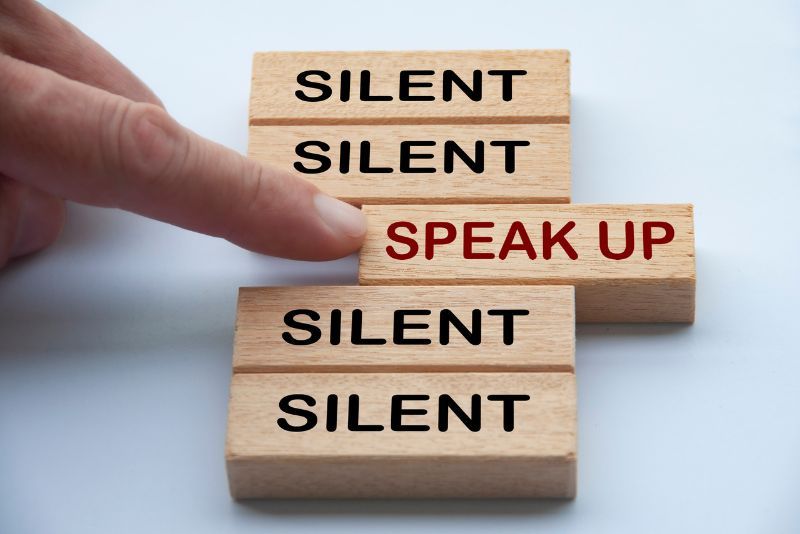The Power of Psychological Safety in Whistleblowing
Fostering a psychologically safe workplace culture is crucial Today's rapidly evolving workplace landscape is depending more and more on organizations building a culture of psychological safety into their very core operations. The workplace is built on a variety of diverse people, cultures, personalities, ideas and challenges, so it goes without saying that creating a believably safe environment for employees to prosper is the linchpin for allowing them to unleash their full potential. An environment where all individuals feel empowered to speak-up, raise concerns, and challenge the status quo without fear of any type of judgment, is an environment prepared to harness the collective intelligence and creativity of the workforce to drive innovation and solve problems.





